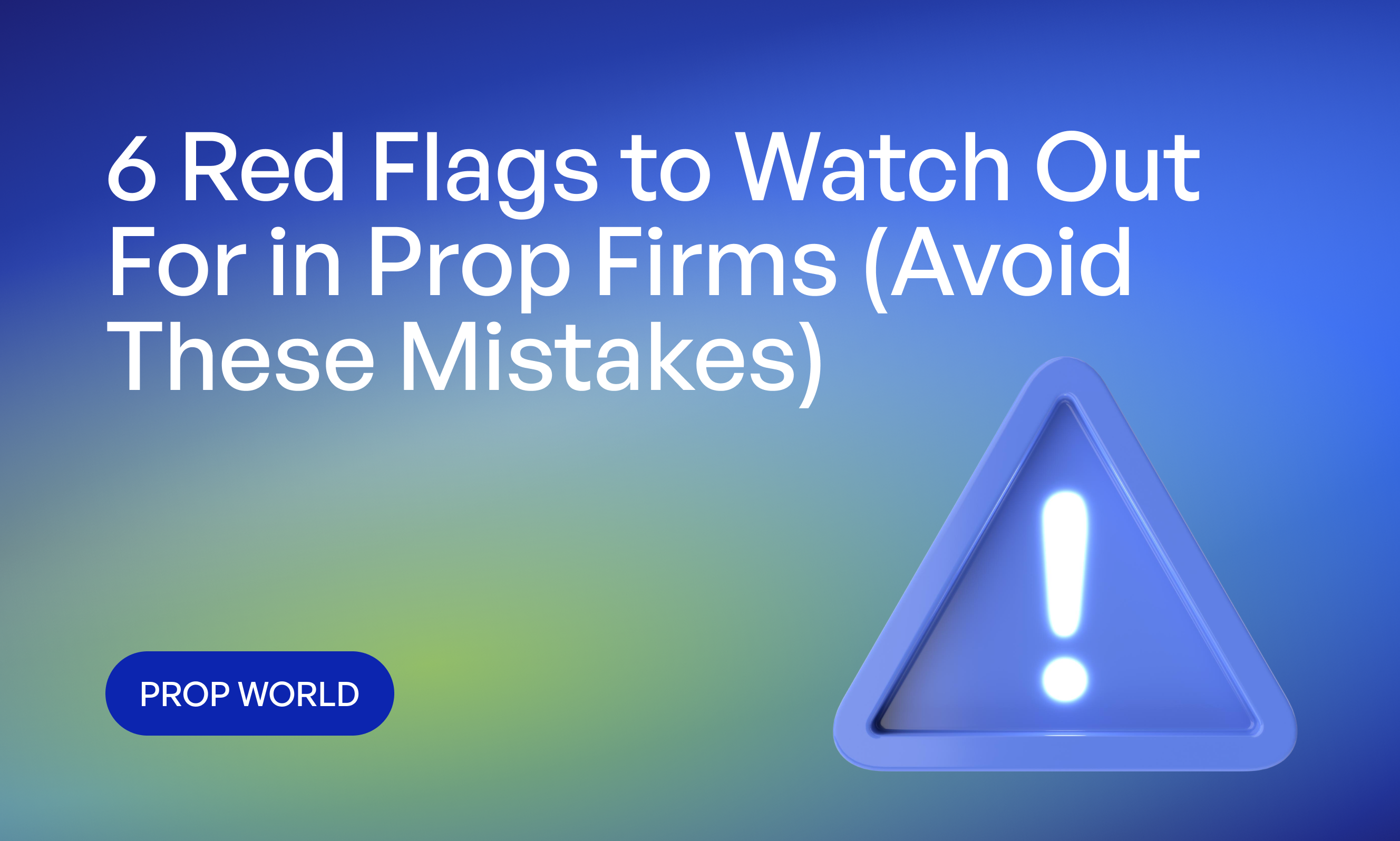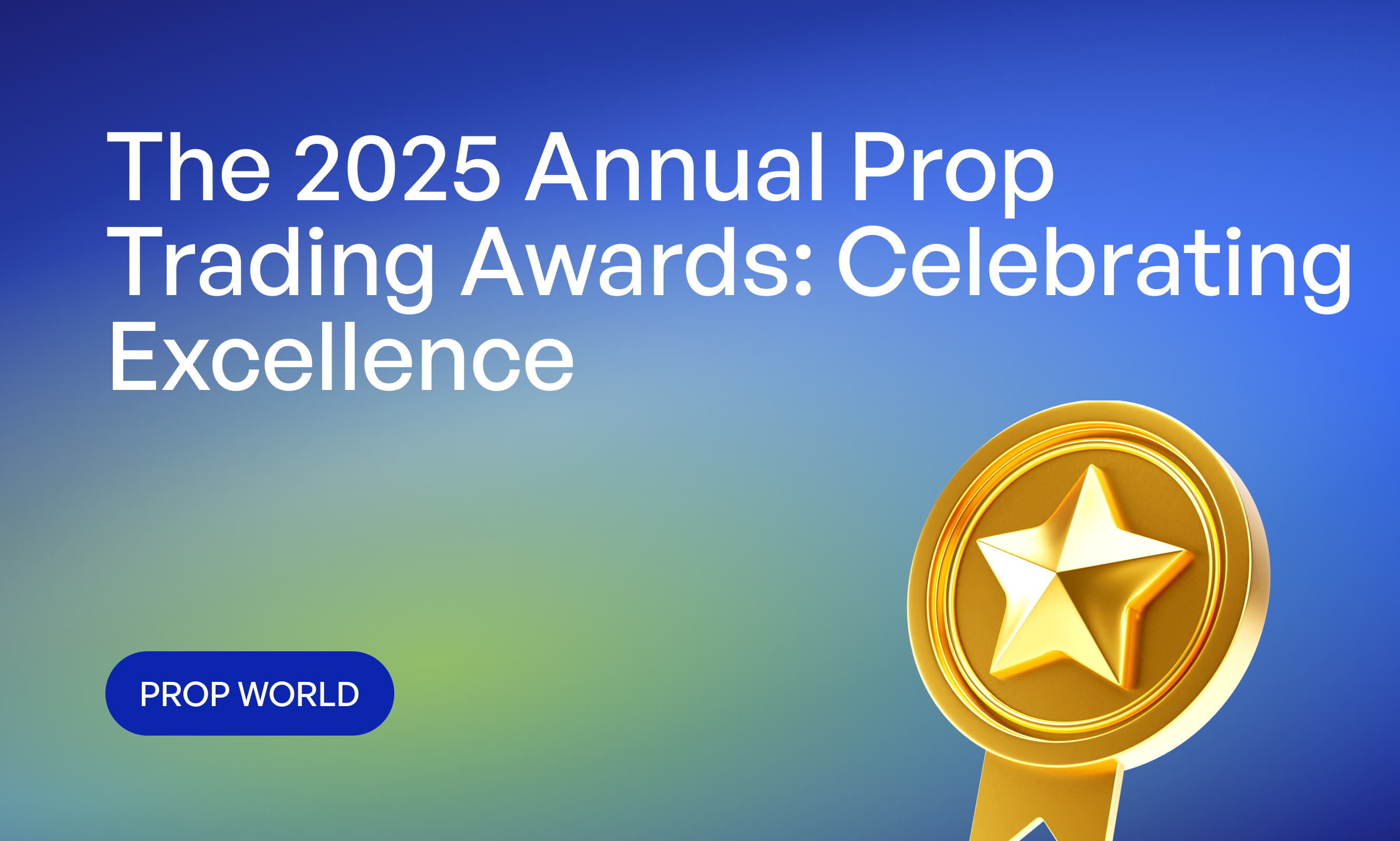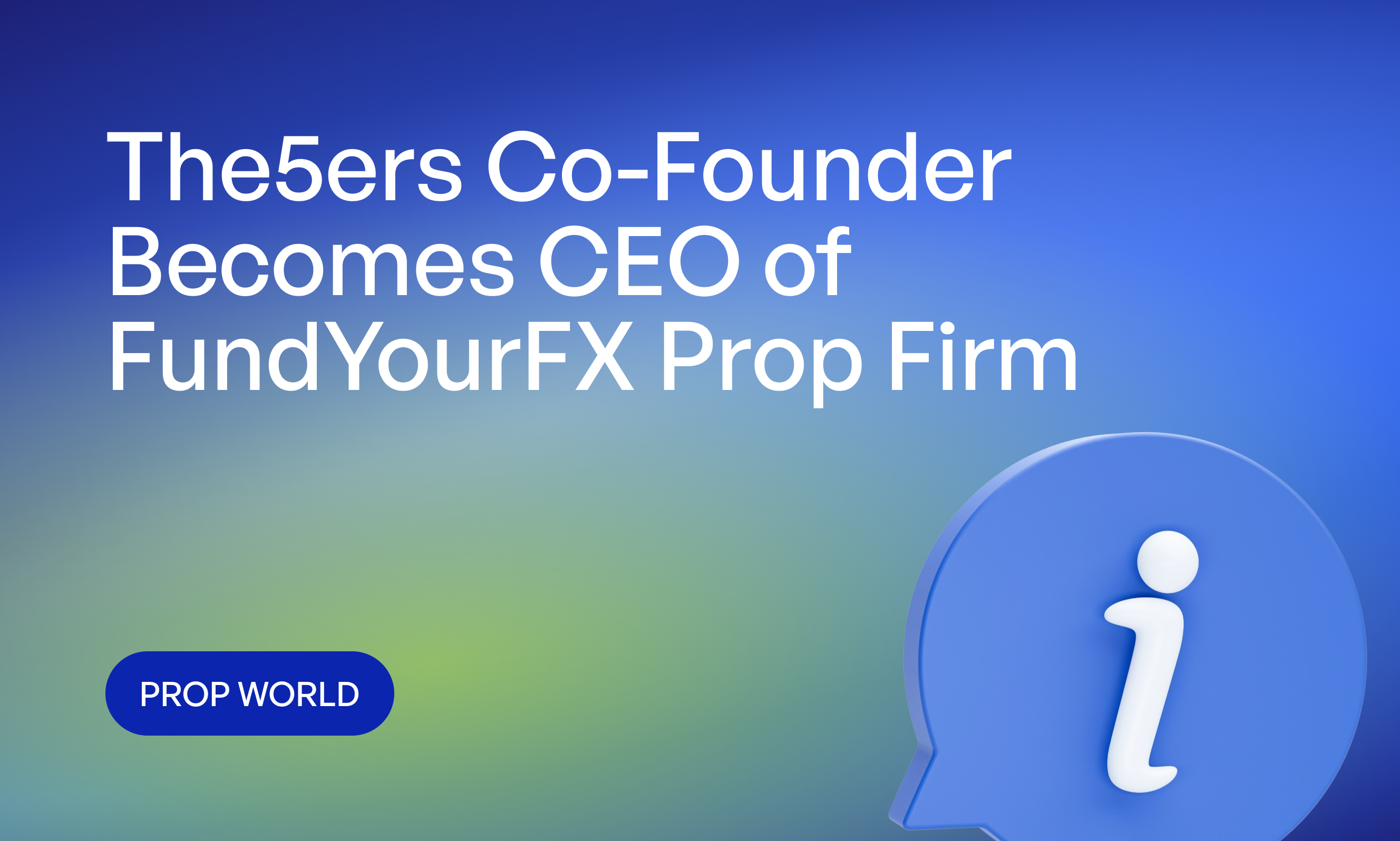
Prop Firms: Discover 6 Crucial Red Flags Every Trader Must Know
The allure of proprietary trading firms (prop firms) is undeniable, offering traders access to capital and resources to amplify their trading potential. However, not all prop firms are created equal, and some come with red flags that could spell trouble for unsuspecting traders. Here are some key red flags to watch out for when evaluating a prop firm.
1. Anonymous Teams
One of the most glaring warning signs in a prop firm is a lack of transparency about the team behind it. If the leadership, key decision-makers, or support teams are shrouded in anonymity, it raises serious questions about accountability and trustworthiness.
A reputable prop firm should proudly display information about its leadership, including their backgrounds and track records. This transparency allows traders to verify their credibility and ensures that the firm isn’t hiding anything that might later compromise their traders’ interests. Always research the leadership of a firm before committing to any partnership.
2. Botted Reviews
The internet is rife with fake reviews, and the world of prop trading is no exception. A firm with overwhelmingly positive but vague reviews may be engaging in deceptive practices to boost their reputation. Genuine reviews typically include specific details about the user’s experience, such as the trading process, withdrawal terms, and customer support interactions.
When researching reviews, look for consistent feedback across multiple platforms. If most reviews are generic or seem too good to be true, proceed with caution. Additionally, negative reviews should also be evaluated carefully to discern whether they are legitimate complaints or isolated incidents.
3. High-Frequency Trading (HFT) Challenges
While high-frequency trading (HFT) can be a lucrative strategy, it is often a red flag in the context of prop firms. Firms that focus heavily on HFT may create unfair trading conditions for their participants, including issues like slippage, inconsistent spreads, and latency arbitrage.
Moreover, the sustainability of prop firms that allow or promote HFT is questionable. They may prioritize short-term gains over the long-term stability of their business model. If a firm’s policies around HFT seem unclear or overly permissive, it’s worth reconsidering your involvement.

4. Aggressive Pricing and Unrealistic Conditions
Beware of firms offering massive discounts, overly generous trading conditions, or promises of quick and easy success. While these offers may seem appealing, they often indicate a lack of sustainability in the firm’s business model.
For instance, firms advertising very low fees or minimal profit-sharing requirements might struggle to maintain sufficient capital reserves or could impose restrictive conditions that make withdrawals nearly impossible. Always question the feasibility of a firm’s promises and remember that if something seems too good to be true, it probably is.
5. Brand New Firms Without Backing
The proliferation of new prop firms entering the market is both an opportunity and a risk for traders. While some may offer innovative approaches, others lack the backing and track record necessary to ensure their reliability.
A firm without broker backing or a history of successful payouts is inherently riskier to trade with. These firms may not have the resources to honor large withdrawals or weather market downturns. Before signing up, investigate the firm’s financial backing, operational history, and reviews from early adopters.
6. Poorly Defined Rules and Ambiguous Contracts
A lack of clear rules regarding trading conditions, profit-sharing, payouts, or account scaling is a major red flag. Some firms intentionally keep their terms ambiguous, allowing them to interpret rules in their favor, especially when traders attempt to withdraw earnings.
Always request and carefully read the firm’s terms and conditions. Pay special attention to sections about maximum drawdown limits, scaling policies, and payout procedures. If any part of the agreement feels vague or one-sided, consider it a significant warning sign.
Final Thoughts: Trade Smarter, Not Harder
By thoroughly researching and vetting a prop firm, you can protect yourself from potential pitfalls and align with a prop firm that genuinely supports your trading goals. Remember, in the fast-paced world of trading, the best opportunities come from firms that value transparency, integrity, and sustainability.
Fortunately, fxprop makes finding a trustworthy firm much easier. With tools like Find My Prop and Prop Comparer, you can quickly compare firms and identify those that match your needs. Additionally, fxprop offers certification for firms, ensuring they meet high standards of reliability and transparency. You can also check independent reviews of prop trading firms on Trustpilot to see what other traders are saying. With these resources, you can trade with confidence and focus on what truly matters – your success in the markets.
FAQ
What are the main red flags in prop firms?
Key red flags include anonymous teams, botted reviews, high-frequency trading challenges, aggressive pricing and unrealistic conditions, brand new firms without backing, and poorly defined rules or ambiguous contracts.
Why is an anonymous team a warning sign?
An anonymous team raises questions about accountability and trustworthiness. Transparent leadership information allows traders to verify credibility and ensures that the firm isn’t hiding anything that might compromise traders’ interests.
How can I identify fake or botted reviews?
Look for generic reviews that lack specific details. Genuine reviews often describe trading processes, withdrawal experiences, and customer support interactions consistently across platforms.
What should I watch for regarding high-frequency trading (HFT)?
HFT can create unfair trading conditions such as slippage, inconsistent spreads, and latency arbitrage. Firms with unclear or overly permissive HFT policies may prioritize short-term gains over long-term stability.
Are aggressive pricing and unrealistic conditions risky?
Yes, extremely low fees or promises of quick success may indicate unsustainable business models and can restrict withdrawals.
Why should I be cautious with brand new firms?
New firms may lack financial backing or a history of successful payouts, making them riskier. Always investigate their operational history, financial resources, and early user reviews before signing up.
What are the dangers of poorly defined rules or contracts?
Ambiguous contracts allow firms to interpret rules in their favor, especially during withdrawals. Carefully read terms regarding drawdown limits, scaling policies, and payout procedures. Vague agreements are a major warning sign.











![10% Off For Traders Discount Code [2024]](https://fxprop.com/wp-content/uploads/2024/01/24.png)